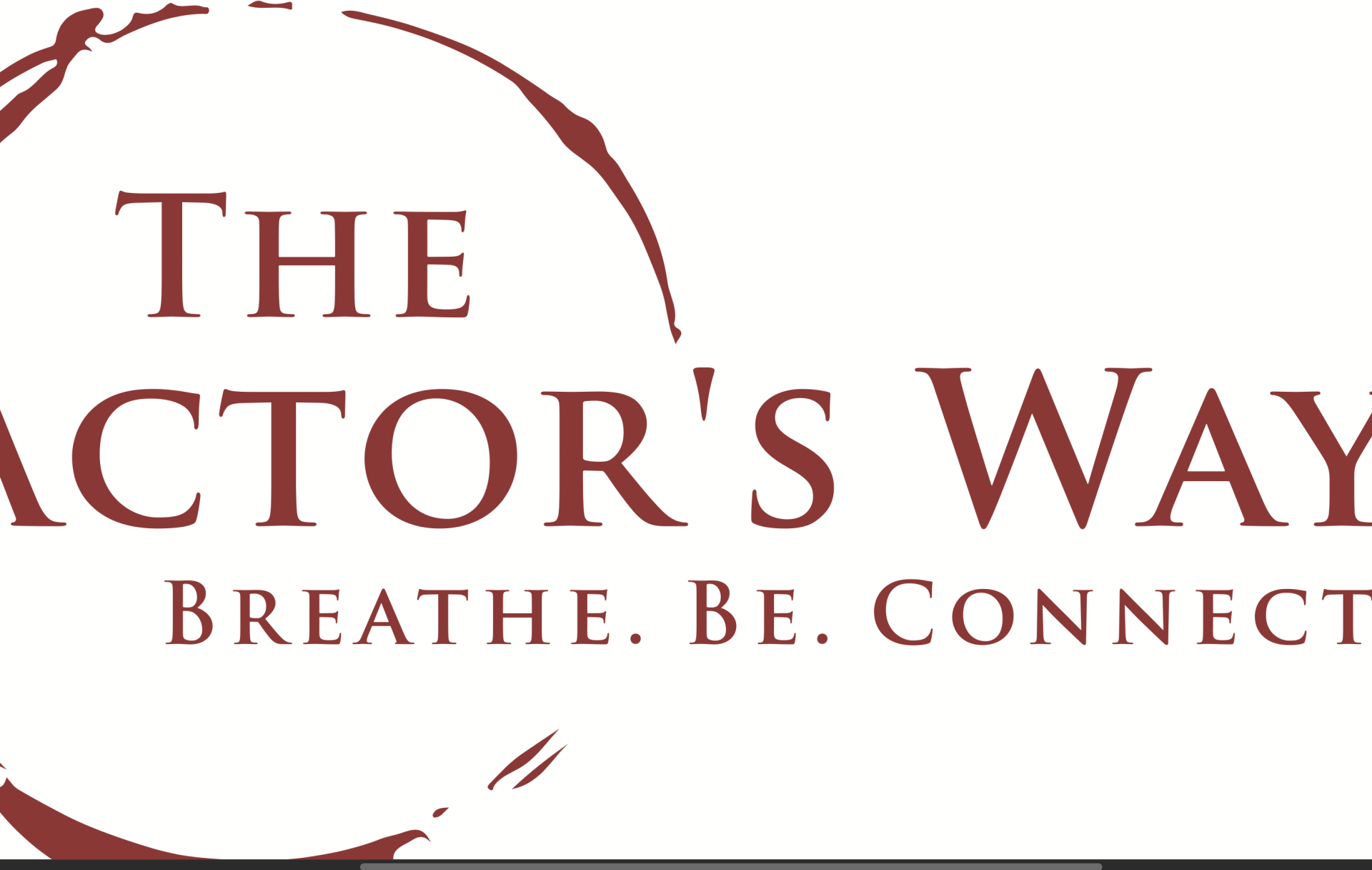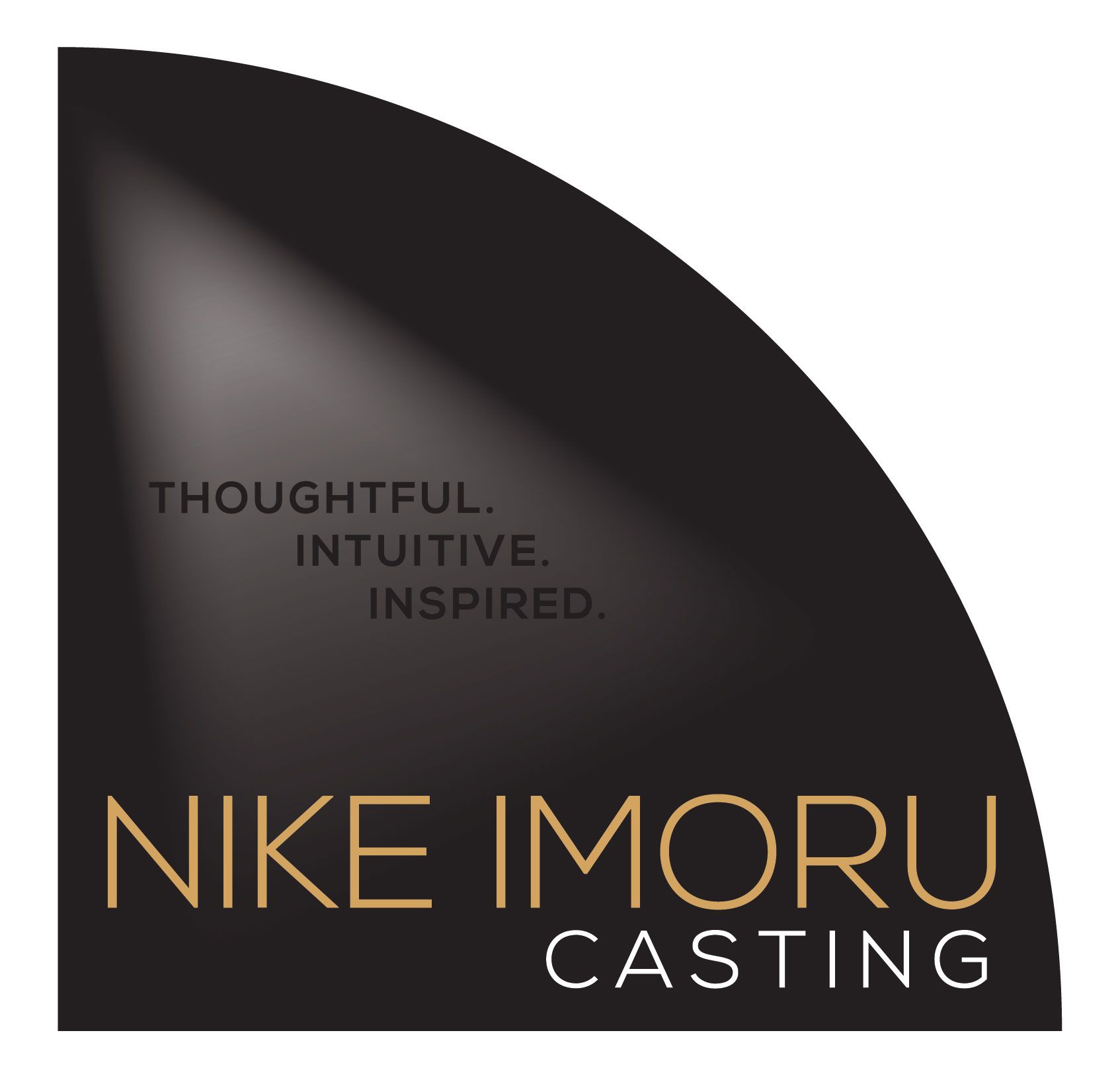They by-pass emotional connection, a vital precursor to becoming vulnerable. Instead they choose to depend on the strength of their intellectual prowess; script analysis, character analysis, film analysis, even “people-watching”, all the while by-passing the rich, interior, emotional terrain that lives within them, waiting to be mined.
In truth, the work of research is very important. Research supports the cognitive, physical and psychological development of the role. But it is not everything and in a medium and art that celebrates conveying authentic, sometimes difficult emotional arcs, it is important not to wring the emotional life and energy out of the role.
That is what an over-reliance on empiricism or research-driven data does to the work. I have nothing against accountants - my father was an accountant - but emotionally by-passing a role in favor of the research is the equivalent of bringing in an accountant to audit the character, for the camera. Quite simply, it will not do.
So what is it that makes an actor engage in emotionally by-passing practices?
There are many valid and complex reasons to account for emotional by-passing. Below are a few.
1) they don’t know how to engage their emotions effectively. Perhaps they don’t have the training, knowledge or awareness how emotions can be activated within the actor's process
2) they have never been called upon to really take a deeper-dive into their own interior emotional space, so it remains unexplored as a possibilty.
3) They have been frequently rewarded for what they already do so well, and may even book certain jobs because of it.
4) And I find this to be the case in most instances, they are simply terrified of ‘going there’. As though, an inner voice says: "but it’s dark in there, what if I don’t come back, what if I lose myself in ‘there’”.
And this is very interesting for this casting director and coach. Uta Hagen assures us that when we dive into a role, it is in order to find ourselves. Many actors talk about the joys of losing themselves in a role and I often wonder if the semantic-shift would help them to come to the role (and their emotions), in more daring and energised ways if they considered finding themselves in the role.
And yet the anxiety we can sometimes experience around “The Emotions” (as though they were an institutional nightmare akin to the IRS) is perhaps understandable. It is not an easy, knowable or comfortable space, this treasury within each of us. For the most part we avoid looking inwards. If we do we are oft met with a morass of confusion. Chaos. Pain. And so, like cooked spaghetti in over-spill mode, we keep trying to shove these unerringly long, messy, moist, hot emotions into a cardboard box. We promise to come back and tidy up the box of spaghetti … one day; when it is more convenient.
In truth, the work of research is very important. Research supports the cognitive, physical and psychological development of the role. But it is not everything and in a medium and art that celebrates conveying authentic, sometimes difficult emotional arcs, it is important not to wring the emotional life and energy out of the role.
That is what an over-reliance on empiricism or research-driven data does to the work. I have nothing against accountants - my father was an accountant - but emotionally by-passing a role in favor of the research is the equivalent of bringing in an accountant to audit the character, for the camera. Quite simply, it will not do.
So what is it that makes an actor engage in emotionally by-passing practices?
There are many valid and complex reasons to account for emotional by-passing. Below are a few.
1) they don’t know how to engage their emotions effectively. Perhaps they don’t have the training, knowledge or awareness how emotions can be activated within the actor's process
2) they have never been called upon to really take a deeper-dive into their own interior emotional space, so it remains unexplored as a possibilty.
3) They have been frequently rewarded for what they already do so well, and may even book certain jobs because of it.
4) And I find this to be the case in most instances, they are simply terrified of ‘going there’. As though, an inner voice says: "but it’s dark in there, what if I don’t come back, what if I lose myself in ‘there’”.
And this is very interesting for this casting director and coach. Uta Hagen assures us that when we dive into a role, it is in order to find ourselves. Many actors talk about the joys of losing themselves in a role and I often wonder if the semantic-shift would help them to come to the role (and their emotions), in more daring and energised ways if they considered finding themselves in the role.
And yet the anxiety we can sometimes experience around “The Emotions” (as though they were an institutional nightmare akin to the IRS) is perhaps understandable. It is not an easy, knowable or comfortable space, this treasury within each of us. For the most part we avoid looking inwards. If we do we are oft met with a morass of confusion. Chaos. Pain. And so, like cooked spaghetti in over-spill mode, we keep trying to shove these unerringly long, messy, moist, hot emotions into a cardboard box. We promise to come back and tidy up the box of spaghetti … one day; when it is more convenient.
How do you bring emotional competency and resilience to our work as actors?
How do we begin to interrupt the tendency to emotionally by-pass, and begin to develop a healthy sense of emotional awareness, connection and resilience?
We can start with a few simple questions to reflect on during Dedicated Actor's Time. In your DAT, (or in the virtual Reflection Pool on this platform) sit with your journal and let the following questions float across the surface of your mind. Listen gently, or feel gently, for any ‘somatic’ responses; that is, information from your body and the life-force within you.
Am I ...?
Have I ...?
Do I ...?
Does ...?
Am I ...?
Have I ...?
Do I ...?
Does ...?
Am I ...
Am I in contact with my emotions and my feeling in my day to day life …. take time to notice what feelings, thoughts, images surfaces.
Do I ...
avoid/stuff down/ignore my feelings?

Have I ...
... experienced a deep emotional journey? How was that experience for me?
Does ...
the thought of ‘going within’, looking at my own emotional landscape make me uncomfortable? (Don't worry about why, for now)


